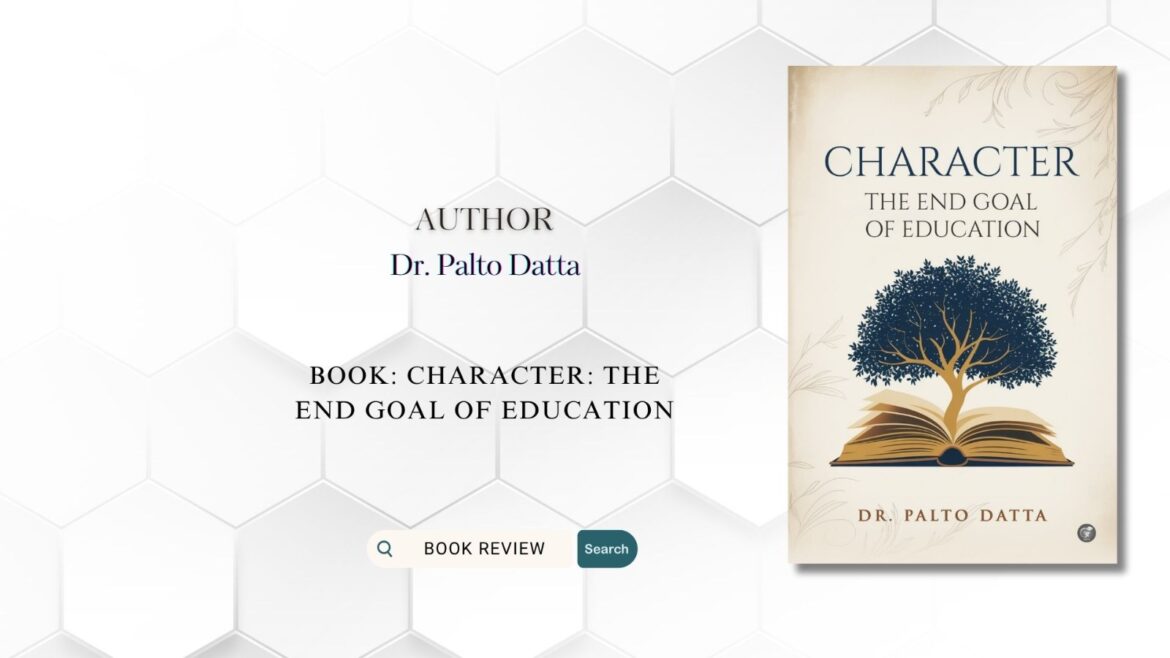Dr. Palto Datta’s Character: The End Goal of Education is a bold, timely, and deeply reflective work that challenges the current trajectory of global education systems. Written by an experienced academic and thought leader, the book argues with clarity and conviction that education must return to its true essence—shaping character, fostering virtue, and nurturing holistic human development. Drawing from a wealth of experience and interdisciplinary insight, Dr. Datta proposes that the ultimate purpose of education should not be producing mechanised individuals programmed to pass tests but cultivating ethical, resilient, and collaborative human beings who can thrive in complex, interconnected societies.
The narrative is rich and nuanced, weaving together philosophical foundations such as Ubuntu and Stoicism with modern frameworks like Sustainable Development. The book is critical of rigid systems of standardised testing and rote memorisation, which the author contends are insufficient for shaping well-rounded, socially responsible individuals. Dr. Datta introduces the concept of “caring criticism” and advocates for policy reforms that elevate meaningful engagement, community participation, and reflective learning. In doing so, he inspires educators, parents, policymakers, and students alike to reimagine education not merely as a means to employment but as a lifelong journey of character formation.
One of the book’s greatest strengths lies in its global outlook and cultural sensitivity. While grounded in universal values, the work acknowledges regional contexts and disparities in educational philosophies and outcomes. Dr. Datta’s vast academic background—encompassing science, marketing, and pedagogy across multiple continents—adds immense credibility to his arguments. His ability to distil complex ideas into accessible language without compromising depth makes the book highly readable and relevant to a broad audience.
This is not just a book for academicians; it is a call to action for anyone who believes education should be more than an assembly line of academic credentials. It challenges readers to reflect on their own educational experiences and to question the broader societal goals of learning. With practical insight, philosophical grounding, and a vision for systemic change, Character is a manifesto for reform that is both radical and optimistic.
In an era increasingly defined by automation, division, and mental health crises, Dr. Datta’s work arrives as a powerful reminder of the human purpose of education. It is a book that dares to ask difficult questions and, more importantly, offers a vision for answers rooted in empathy, equity, and empowerment. For anyone concerned about the soul of education, Character: The End Goal of Education is an essential read.
